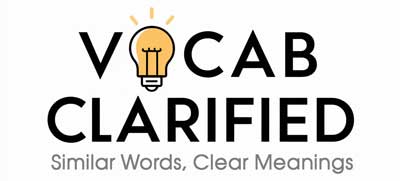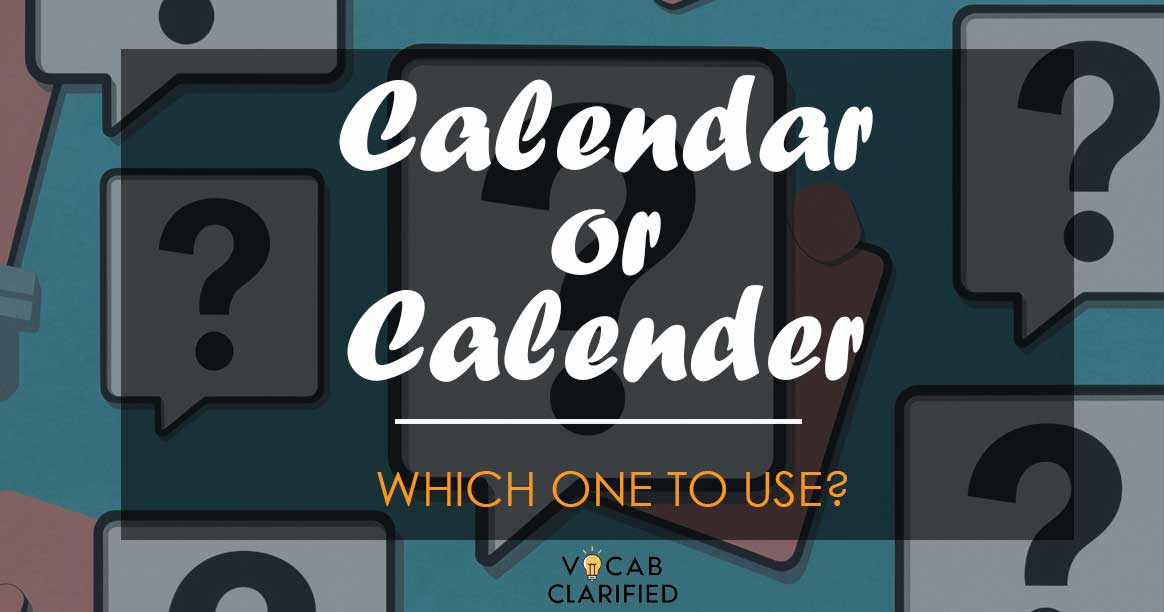Ever found yourself in a situation where you needed to check your schedule but weren’t sure if you should be using “calendar” or “calender”? This common confusion can lead to embarrassing mistakes in both casual and professional settings.
Let’s clear up the differences between these two terms, so you can use them with confidence.
Understanding Calendar and Calender
Calendar: Definition and Usage
Calendar is typically used in contexts related to timekeeping, schedules, and events. It means a system for organizing days for social, religious, commercial, or administrative purposes. For example:
- “I marked the meeting date on my calendar.”
- “The calendar shows that today is a holiday.”
Calender: Definition and Usage
Contrastingly, calender is often applied in industrial and manufacturing contexts. It stands for a machine used to press paper, fabric, or other materials to make them smooth and glossy. For instance:
- “The textile factory uses a calender to finish the fabric.”
- “Paper manufacturers rely on calenders to achieve the desired texture.”
Side-by-Side Comparison
| Aspect | Calendar | Calender |
| Definition | A system for organizing days and events | A machine for pressing and finishing materials |
| Common Usage | “I need to check my calendar for availability.” | “The calender ensures the fabric is smooth.” |
| Key Differences | Related to time and schedules | Related to industrial processing |
When deciding between “calendar” and “calender,” consider the context.
If you’re talking about dates, events, or schedules, “calendar” is the appropriate term.
However, if you’re referring to a machine in an industrial setting, “calender” is the correct choice. Remember, the best choice often depends on the specific context and audience.
Everyday Usage Examples
Let’s delve deeper with more examples to illustrate how “calendar” and “calender” fit into everyday language:
- Calendar Example:
- “She has a beautifully illustrated calendar hanging in her kitchen that shows all her family’s birthdays and holidays.”
- Calender Example:
- “During the paper manufacturing process, the sheets are passed through a calender to achieve a smooth, glossy finish.”
Conclusion
In summary, “calendar” and “calender” may sound similar, but they serve very different purposes. “Calendar” is your go-to term for anything related to dates and schedules, while “calender” is a specialized machine in manufacturing.
By understanding the distinct definitions and contexts of these words, you can ensure that your communication is accurate and clear.

